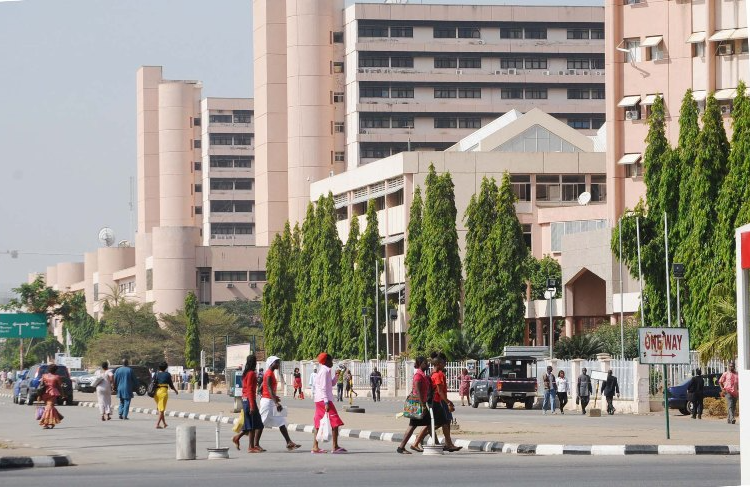A new framework has been developed to coordinate and harmonize the inputs of Ministries, Departments and Agencies (MDAs) to the efforts of the Federal Government to foster business environment in Nigeria, with the enactment of the Business Facilitation (Miscellaneous Provisions) Act (BFA) 2023
The provisions of the Act were unfolded by the Special Adviser to the President on Ease of Doing Business, Dr. Jumoke Oduwole, at a meeting to sensitize stakeholders on Tuesday, 4th April, 2023 at the Olusegun Obasanjo Auditorium, Federal Ministry of Justice, Abuja. Dr. Oduwole is also the Secretary to the Presidential Enabling Business Environment Council (PEBEC), which is chaired by the Vice-President, Prof. Yemi Osinbajo.
Participants at the meeting were representatives of MDAs that provide products and services to business operators. Under discussion were the responsibilities and liabilities of government and its agencies in the efforts to create an enabling environment for business.
The Act compels each MDA to provide a complete list of requirements and make it available to business operators to obtain these products and services.
Also, at the forum, the Attorney-General and Minister of Justice, Abubakar Malami, the growth and development of the economy has been one of the major focal points of this administration’s policy directives. He said this necessitated the development of the National Development Plan 2021 – 2025 which was designed as a medium-term development plan to succeed the Economic Recovery and Growth Plan (ERGP), which ended in December 2020. “This economic drive also necessitated several Executive Orders aimed at encouraging trade and stimulating foreign investments in Nigeria,” he said.
The minister traced the enactment of BFA from 2017 when stakeholders, particularly PEBEC and the Federal Ministry of Justice, “realized that there was a need to realign existing business-related legislation to effectively aid the ease of doing business in Nigeria. The BFA therefore amends 21 critical business facilitation laws and codifies Executive Order 001 of 2017 on the promotion of Transparency and Efficiency in the Business Environment. The Act consolidates the last seven years of PEBEC-led reforms and demonstrates the Administration’s commitment to driving economic growth.”
He commended PEBEC for organizing the meeting, as well as MDAs and stakeholders for their commitment to the efforts to improve the investment climate and business environment in Nigeria.
PEBEC its initiatives have led to the following achievements: Incentives to operators to grow MSMEs; promotion of global best practices; Increased efficiency, transparency, cost-effectiveness and timeliness in the delivery of public services; promotion of good governance in the management of public- private partnership (PPP); harmonization of MDS on the basis of key performance indications (KPIs); and provision of effective tools for speedy business-related legislative frameworks.[u1]
According to Dr. Oduwole, Nigeria has implemented over 180 reforms to accelerate the development and growth of micro, small and medium enterprises (MSMEs) in the country. This led to the country increasing its score in the World Bank’s flagship by over 15.01 points from 2016 until the Doing Business report was discontinued in 2020). 140 of these reforms were implemented between 2016 and 3019. In the same period, Nigeria moved up 39 places in the World Bank’s Doing Business rankings and was twice named as one of top 10 most improved economies in the world.
We’ve got the edge. Get real-time reports, breaking scoops, and exclusive angles delivered straight to your phone. Don’t settle for stale news. Join LEADERSHIP NEWS on WhatsApp for 24/7 updates →
Join Our WhatsApp Channel










